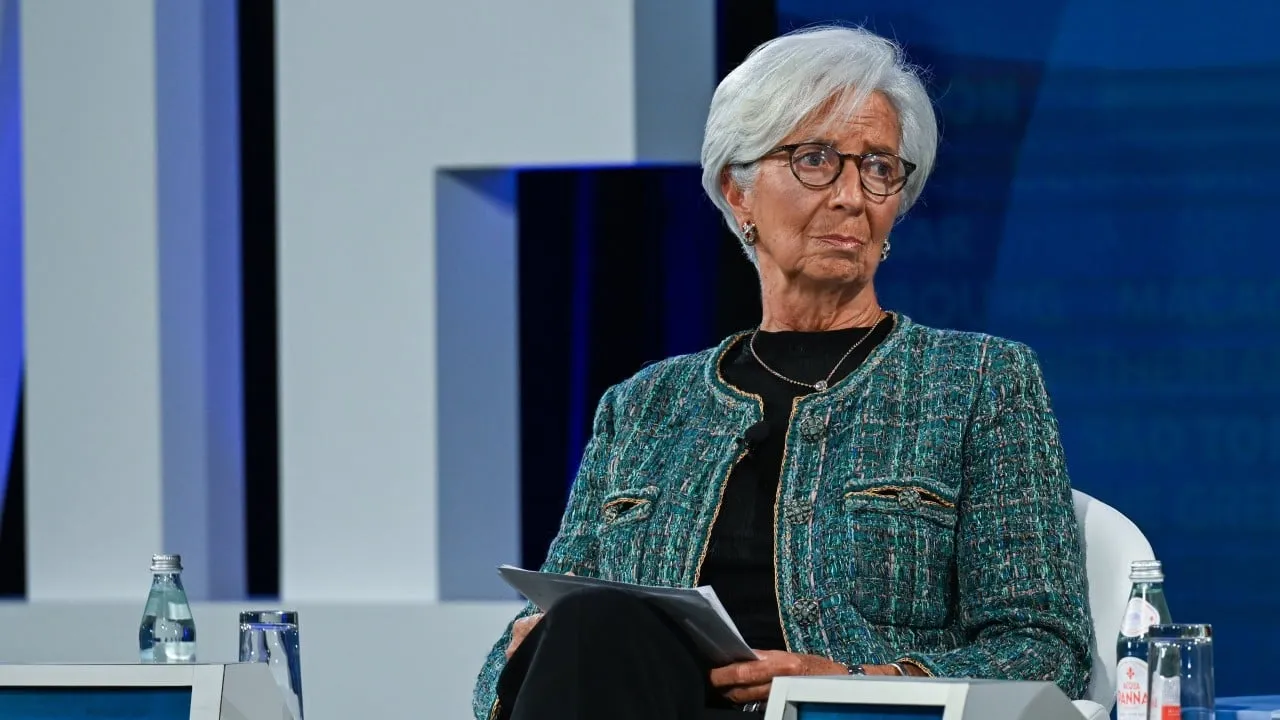Lagarde Defends Euro Amid China and Russia's Push for Alternative Currencies

Euro Defended by Lagarde Against De-Dollarisation Efforts
In a critical discussion at the Atlantic Council, European Central Bank President Christine Lagarde made a compelling argument for defending the euro. Highlighting the increasing efforts of China and Russia to push for alternative currencies, she remarked on the neck-and-neck competition between the renminbi and the euro in trade finance. Lagarde stressed the need for Europe to be attentive to these developments, particularly in light of the recent Brics summit where Xi Jinping called for urgent financial reforms.
The Growing Influence of BRICS
As the International Monetary Fund and World Bank hold their annual meetings, Lagarde pointed out that the Brics nations are increasingly advocating for a non-Western approach to global finance. In light of sanctions imposed on China and Russia due to geopolitical tensions, Lagarde stated, the growing concern among these nations about the impact of such sanctions on the global economy warrants attention. China and Russia's push for a payment system within the Brics framework illustrates their intent to reduce reliance on the dollar.
Future of the Euro and European Economy
Lagarde also mentioned the potential for a digital euro and new payment systems, which could ensure Europe’s competitiveness in a rapidly changing economic landscape. The Ukraine war has severely impacted Europe’s economy, necessitating strategies to tackle inflation and energy prices while enhancing technological advances.
Ultimately, Lagarde cautioned against the negative economic implications of trade restrictions and tariffs, urging future U.S. leaders to remember that prosperity often accompanies periods of open trade and international engagement.
This article was prepared using information from open sources in accordance with the principles of Ethical Policy. The editorial team is not responsible for absolute accuracy, as it relies on data from the sources referenced.